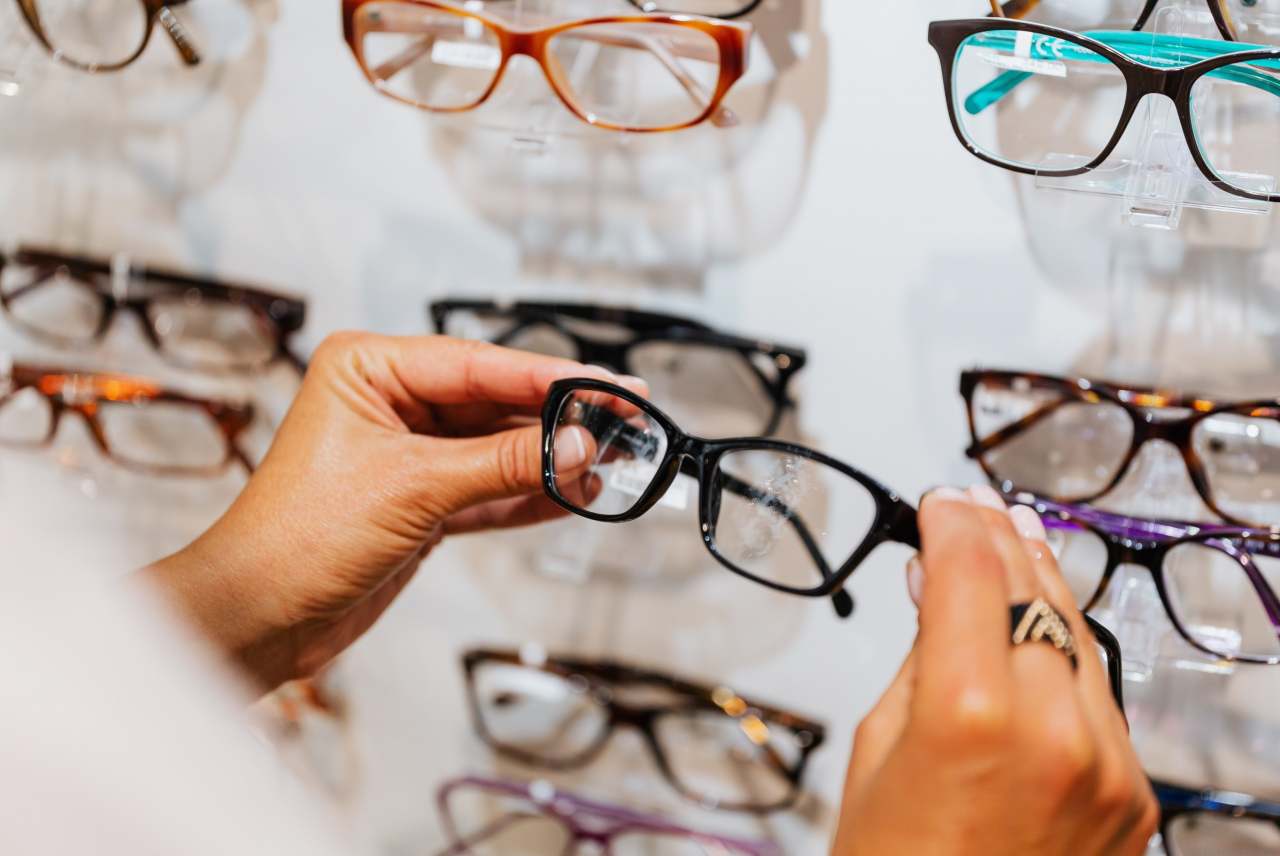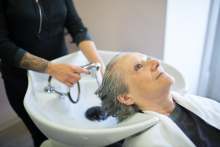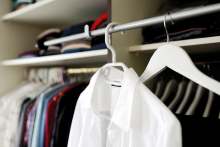Specsavers scored worst ratings in all of the following categories: Animal Testing, Carbon Management and Reporting, and Environmental Reporting. Overall Specsavers received an Ethical Consumer score of 10 out of a possible 15.
Here we take a closer look at the ethics of the world’s largest privately owned opticians and ask the question - should we really go to Specsavers?
What’s the truth behind Specsavers’ incorporation in a tax haven?
Attention has periodically been drawn over the years to how Specsavers is incorporated in Guernsey, a jurisdiction which scores 98/100 on the Tax Justice Network's Corporate Tax Haven Index 2021, putting it up there with the most prolific tax havens.
The fact that it’s incorporated in a tax haven, while most of its operations are in the UK, seems especially alarming considering that 60% of Specsavers’ customers are NHS patients. The company is the largest provider of free digital hearing aids, and the NHS also sometimes pays for patients to have Specsavers eye tests or vouchers towards its glasses or contact lenses. Specsavers is therefore generating significant income from the NHS - and by extension, public money.
No clear policy statement was found stating that its policy is not to engage in tax avoidance activity, and instead less substantive statements were found such as “Specsavers is committed to operating within the tax laws of all the countries in which it operates”.
However, unlike many companies headquartered in tax havens, it seems possible that Specsavers’ owners have a legitimate reason for incorporating the company in Guernsey. Specsavers’ founders, Mary and Doug Perkins, claim to have moved to Guernsey in order to be closer to Mary’s retired parents who lived there.
According to one article published by Guernsey Press, “all its stores are registered in the UK and pay corporation tax at the full 19%.” In fact, the couple were actually listed in a 2020 Sunday Times ranking of Britain’s top 50 taxpayers.
Specsavers also has a holding company in the Netherlands, which is also on Ethical Consumer’s list of tax havens. However, as Specsavers trades in the Netherlands, with over 140 opticians located there, it appears to have a valid reason to have a holding company in the Netherlands.
Considering that Specsavers was able to provide narrative explanations for why it had operations in tax havens, and was listed as a top tax contributor in the UK, it scored our best rating for Tax Conduct.
Excessive pay for directors?
Specsavers does not publicly disclose what it pays its directors. With an annual turnover just above £1 billion, the company could easily be paying directors vast amounts of money. Lack of transparency around this means the company loses half a mark under the Anti-Social Finance category.
Excessive remuneration seems excessively likely as Mary and Douglas Perkins made the 2021 Sunday Times Rich List with a net worth of £1.2bn, and Specsavers is listed as the source of their wealth. In 2011 Mary Perkins became Britain’s “first female self-made billionaire”, according to the BBC.
These fortunes seem especially extravagant in light of how in 2020 Specsavers announced that 450 support office jobs were at risk of redundancy as a result of a “downturn” in business due to the coronavirus pandemic. John Perkins (son of Mary and Douglas, and now joint CEO of the company with Douglas) stated “We have done everything we possibly could to avoid making people redundant”.
It should be noted that individual Specsavers shops are jointly owned by Specsavers and local partners, and the local partner is very unlikely to be getting the same levels of pay as the directors of the whole company.
Profiting from Covid relief funds in Australia
In addition to the UK, Specsavers also operates in Australia, Denmark, Finland, Netherlands, New Zealand, Norway, Republic of Ireland, Spain and Sweden.
In 2021 Specsavers was criticised for receiving $92m Australian dollars (£49m) from the Australian Covid emergency wage subsidy known as ‘JobKeeper’. An article on the ABC website stated that it paid back just AUS $4m back of this, despite its revenue falling by only 1% between March 2020 and February 2021.
This meant that overall Specsavers’ profit doubled from AUS $78m to $150m - the majority of which seemingly came from Covid relief payments.










